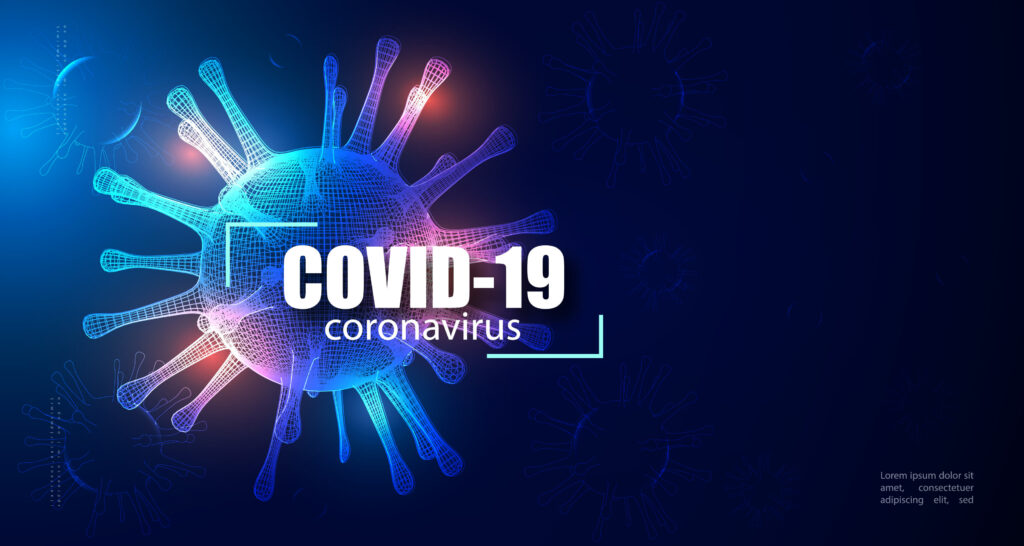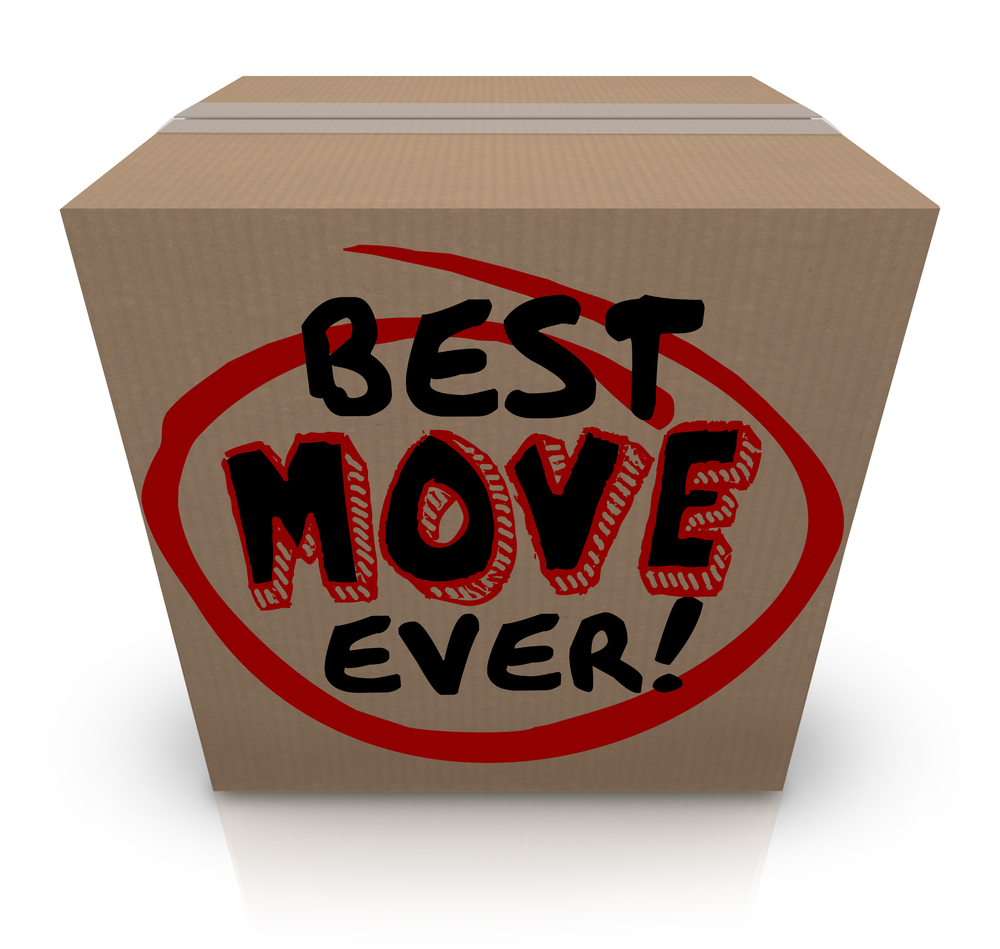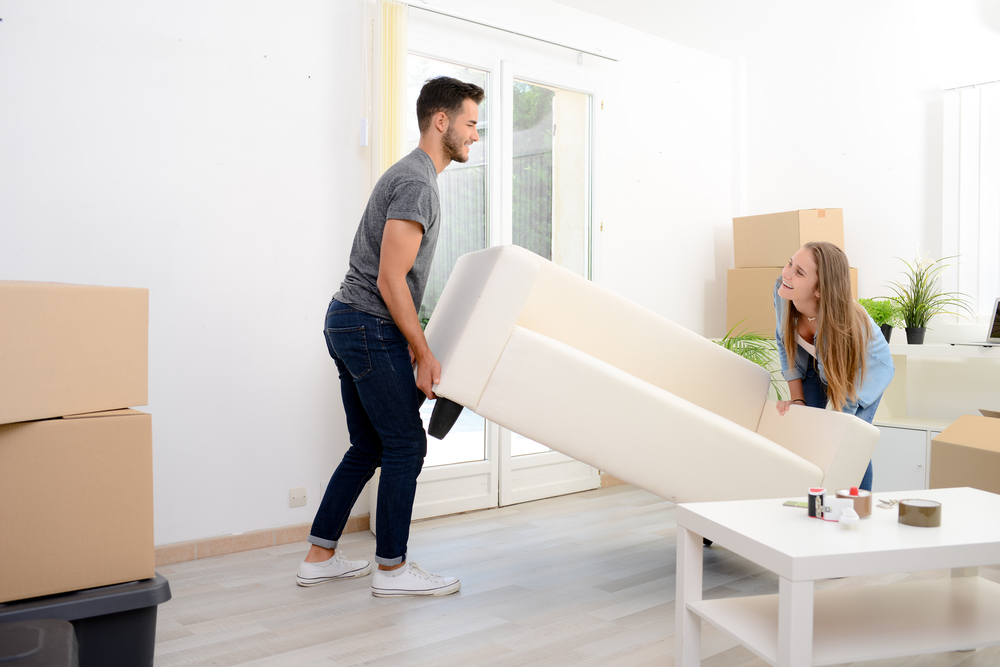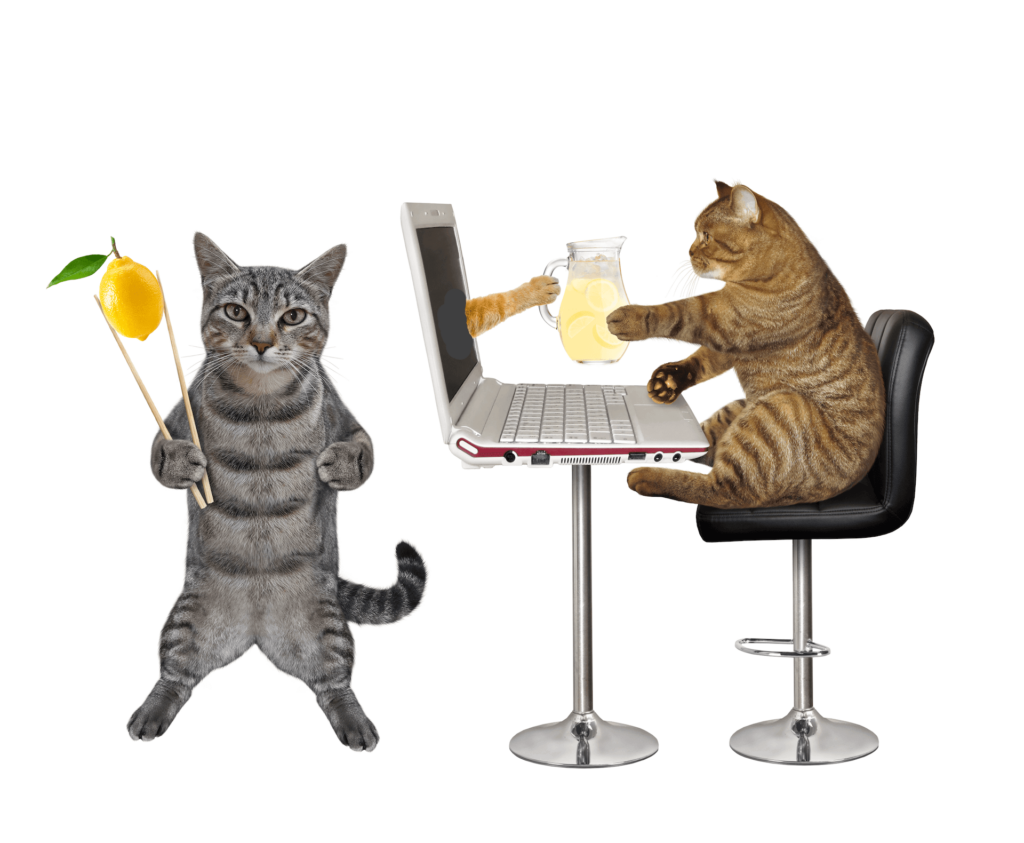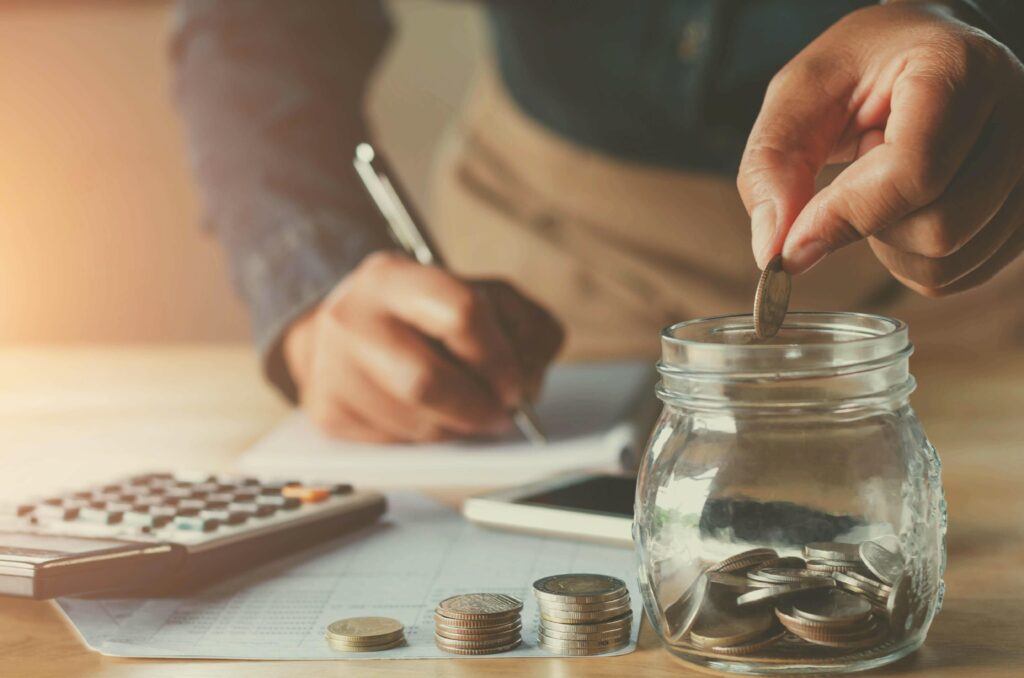The COVID-19 coronavirus is a mutation of the common cold virus. Many of the ways to stop the spread are the same as the cold or flu. The most significant difference is that there is no natural human immunity to the COVID-19 coronavirus. Here are some of the most helpful things to know about COVID-19 and what you can do to help keep yourself and others safe.
What Exactly is COVID-19 Coronavirus
The COVID-19 coronavirus is an evolved strain of coronavirus. The most difficult part of this virus is the lack of natural human immunity. Early reports stated about 80% of all cases were mild. An infected person has the potential to spread the virus via close contact, escaped droplets during a cough or sneeze, and contaminated surfaces. Individuals over the age of sixty are at greater risk for severe illness or complications. Likewise, individuals with a history of diabetes, cardiac, respiratory problems such as asthma, and people with a compromised immune system from other diseases are also at an increased risk of complications and severe illness. Traveling where the virus does not exist does not exempt you from being tested. You should be tested if you come into contact with an infected person or have symptoms. If you are unsure, your healthcare provider can aid you with determining if testing is needed. There is no cure for the virus and the vaccines were hastily made available, bypassing the Food and Drug Administration’s protocol put in place by the Department of Health and Human Services. The only known treatment at this time is treating individual symptoms. The only prevention in place is to stop the spread of the virus.
Protecting Yourself and Others
While it may seem grim, there are plenty of measures to take to help keep yourself and others safe. Keep your hands clean; washing your hands frequently with soap and warm water for at least 20 seconds is the most effective way. Keep hand sanitizer around for when do not have access to a sink and soap. Cover all sneezes and coughs with your elbow, not your hands. Wear a face mask when in crowded public spaces, indoors or outdoors. Mind your own business, stay home when you can, and avoid large gatherings or events. Keep in-person contact to a minimum, especially those considered high-risk, such as the elderly or ill. Do not travel unless you have to. Cleanse high-touch areas such as doorknobs, keyboards, light switches, keys, after use or on a schedule.
Be Proactive, Not Reactive
If you have symptoms of COVID-19 or have been in contact with an infected person (especially if you are in a high-risk category), you should contact your medical provider first via phone or e-visit. The most common symptoms of COVID-19 are a fever of 100.4 degrees or greater, cough, shortness of breath, and sore throat. For most cases, your healthcare provider will tell you to combat the symptoms with substantial rest, fever-reducing medication, pain relievers, and over-the-counter flu medicine. If you are having difficulty breathing, chest pains, or are feeling extremely ill, do not call your doctor; you may be having a medical emergency and you should call 911 or have someone wear a mask and escort you to the emergency room.
Keep Yourself Educated
Along with any information your apartment management provides, you can find more information and resources about COVID-19 from the Centers for Disease Control and your healthcare provider. Stay up-to-date and know that we are here for you in these trying times.

